Kokoro: The Masters of Cinema Series
Introduction
Set in 1912 at the end of the Meiji era, Kokoro is based on the novel by Natsume Soseki and uses the illness and death of the emperor and the social turmoil that comes with such a momentous event as a metaphor for the emotional turmoil and existential angst felt by Nobuchi, a scholar who only leaves his house to visit the grave of his old friend Kaji.
When a young student, Hioki, begins visiting him for help with his graduation thesis, treating him as a friend and sensei, Nobuchi grows increasingly uncomfortable with Hioki's presence and his friendship with Shizu, Nobuchi's wife.
As events unfold, things become a little clearer but you never know why Nobuchi is so tormented until the very end.
Video
The Japanese film industry wasn't known for using the best stock available and many films degraded terribly. This is 'a high definition digital transfer' which looks excellent with great contrast and clarity, showing off Ichikawa's skilled direction. Like Yasujiro Ozu did in Tokyo Story, Ichikawa barely uses a moving camera, choosing instead to cut from one still shot to another and even puts the camera at a level that is reminiscent of Ozu's 'tatami mat' camera.
Audio
A clear Japanese mono soundtrack with excellent optional English subtitles. The score is used sparingly but effectively, really conveying the mood and emotion.
Extra Features
There is nothing on the disc but the package contains a 48 page booklet which of the usual high standards of the MoC series, containing a fascinating new essay by East Asian cinema expert Tony Rayns.
Conclusion
I watched this straight after Alone Across the Pacific in a Kon Ichikawa double bill and quickly realised I'd done it the wrong way round - I should really have done it in chronological order, watching the 1963 film after this 1955 period drama. By midway through however, I'd completely forgotten about the other film and was thoroughly engrossed in this.
Kokoro is a masterful character study which is rich in texture and detail. It's the sort of film that demands your full attention and the emotional payoff is worth the investment. The ensemble acting is of the highest quality and the costumes, production design and set decoration really covey the period. This is a heartbreaking and beautiful film which comes highly recommended.
Along with Alone Across The Pacific and The Burmese Harp, this is gaining its first UK release as part of a planned Kon Ichikawa trio by the Masters of Cinema Series and is an extremely welcome one at that. He truly was a master of cinema and I'm glad to have been made aware of his work.
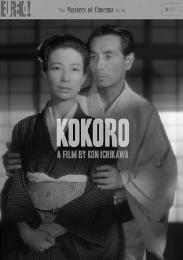
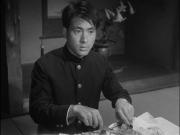
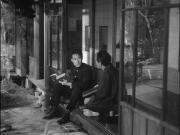
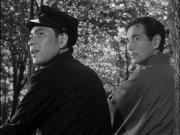
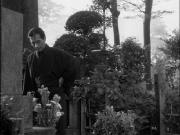
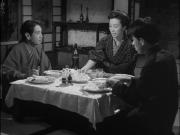
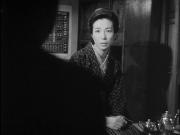
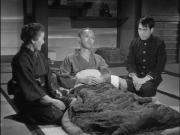
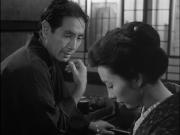




































Your Opinions and Comments
Be the first to post a comment!